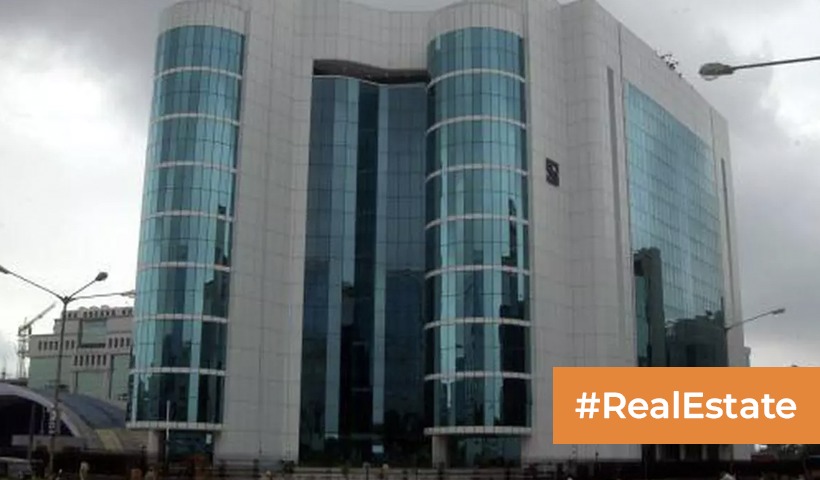Learn all There is to Know About Haryana Property Registration!
Property registration is a critical process that ensures that a property buyer has a legal title to the property. The registration process varies from state to state, and in this article, we will discuss the property registration process in Haryana.
Documents Required for Property Registration
To register a property in Haryana, the following documents are required:
Sale Deed: A sale deed is a legal document that transfers ownership of the property from the seller to the buyer. It must be signed by both parties and attested by two witnesses.
PAN Card: A PAN card is a mandatory document for property registration in Haryana. Both the buyer and the seller must have a PAN card.
ID and Address Proof: The buyer and seller must provide their ID and address proofs, such as Aadhar card, passport, driving license, or voter ID card.
NOC: If the property is a flat or an apartment, the buyer must obtain a No Objection Certificate (NOC) from the society or the builder.
Property Tax Receipts: The buyer must provide the property tax receipts of the last three years.
Encumbrance Certificate: The buyer must obtain an Encumbrance Certificate (EC) to ensure that the property is free from any legal or financial liabilities.
Registration Process
The property registration process in Haryana is carried out by the Department of Revenue and Disaster Management. The following steps are involved in the registration process:
Valuation and Stamp Duty: The first step in property registration is to get the property valued by a registered valuer. Based on the property value, the stamp duty and registration fees are calculated. The stamp duty in Haryana is 7% of the property value for women and 7.5% for men.
Payment of Stamp Duty and Registration Fees: The buyer must pay the stamp duty and registration fees at the authorized bank. After payment, the bank will issue a receipt, which must be submitted along with the sale deed and other documents.
Document Verification: The property registration office verifies the documents submitted by the buyer and seller. If any document is found to be incomplete or incorrect, the registration process may be delayed.
Execution of Sale Deed: Once the documents are verified, the buyer and seller must sign the sale deed in the presence of the registrar.
Registration of Sale Deed: The registrar will then register the sale deed and issue a certified copy to the buyer. The registration process is complete after the sale deed is registered.
Conclusion
In conclusion, property registration is an essential process that ensures the legality of a property transaction. In Haryana, the property registration process is straightforward, and the buyer and seller must provide the required documents and pay the stamp duty and registration fees. It is important to ensure that all documents are complete and accurate to avoid any delays in the registration process. It is also advisable to seek the help of a professional, such as a lawyer or a real estate agent, to guide you through the registration process and ensure that all legal requirements are met.
Disclaimer: The views expressed above are for informational purposes only based on industry reports and related news stories. PropertyPistol does not guarantee the accuracy, completeness, or reliability of the information and shall not be held responsible for any action taken based on the published information.




